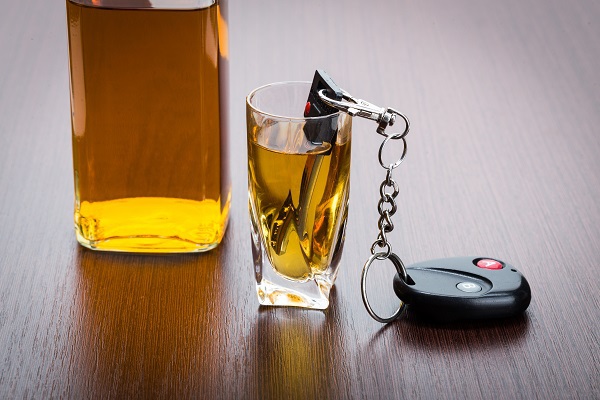DUI Vehicle Forfeiture: Is It Legal?

Oklahoma law permits DUI vehicle forfeiture, meaning the state could take your vehicle away because you violated DUI laws. Many citizens are shocked to learn that the courts allow civil asset forfeiture on a regular basis against criminal defendants.
Not just any DUI driver can have his car seized. The law is very specific about which offenses could lead to forfeiture. First, you must have at least two DUI offenses on your record. If you have two offenses, the first one must be within 10 years of the second one, and at least one of the two offenses must have involved the death of or serious bodily injury to another person. If you have three felony offenses, there is no time limit or death or serious bodily injury requirements – your vehicle may be forfeited regardless. 47 O.S. 11-902b.
The district attorney or prosecutor decides whether to seek asset forfeiture by filing a motion with the court. The court ultimately decides whether to grant the motion. The motion may be filed at the earliest when you are charged with an offense and at the latest 30 days after the verdict, or 30 days after you enter a guilty or no contest plea. If the motion is filed before the verdict or plea, the forfeiture decision will not be made until after the verdict is issued or plea made. However, the Oklahoma Tax Commission will place a lien on the vehicle during that waiting period.
As part of filing the motion, the district attorney must give notice of the motion to the defendant, any lienholders, and anyone who appears to have an ownership interest or a security interest in the vehicle. A person who claims ownership or a security interest in a vehicle but does not have a recorded lien may attend the hearing and attempt to prove his ownership and that he did not know or have reasonable cause to believe that the vehicle would be used in commission of a felony. Since repeat DUI offenders often use other people’s cars to get around, it is especially important that a car’s true owner appear at the hearing to convince the court of his ownership interest and avoid forfeiture.
In deciding whether to grant the motion, the court must consider whether forfeiture will 1) incapacitate of the convicted person from the commission of future DUI offenses, 2) protect the public’s safety and welfare, 3) deter other potential DUI offenders, 4) express public condemnation of the serious or aggravated nature of the defendant’s conduct, or 5) pay criminal penalties that are due. 47 O.S. 11-902b. If the court grants the motion, the state can sell the vehicle and use the proceeds to pay off any liens, costs of sale, impound expenses, and criminal penalties incurred by the defendant.
Facing potential vehicle forfeiture due to prior DUI offenses? Seek out a DUI attorney with the know-how to tackle your case the right way from the start. Clint Patterson, Esq., of Patterson Law Firm, a former Tulsa prosecutor, now teaches other attorneys and law enforcement about sobriety testing techniques and defends Oklahoma drivers charged with DUIs. To schedule a case evaluation, visit Patterson Law Firm online or call Clint’s office at (918) 550-9175.

